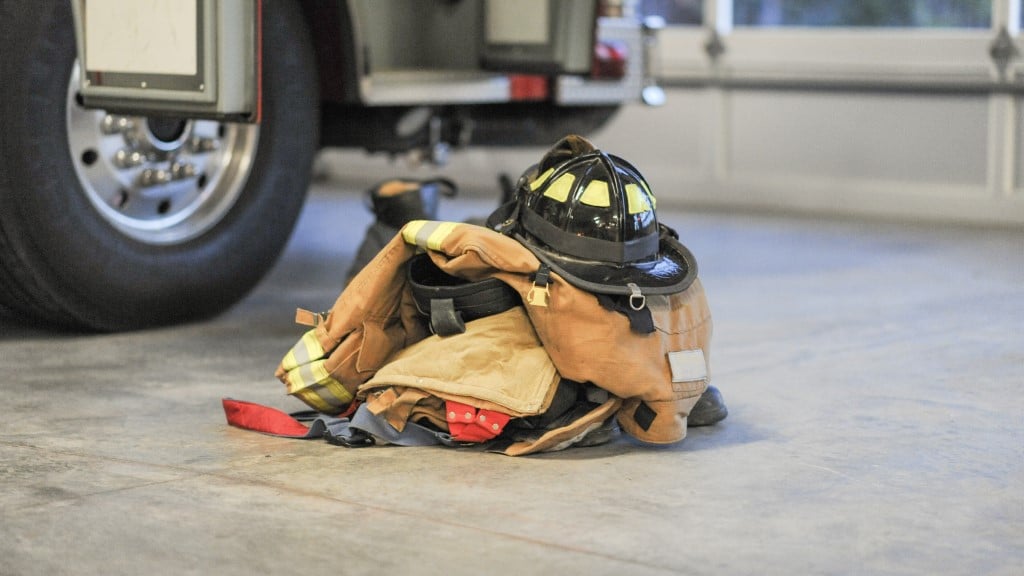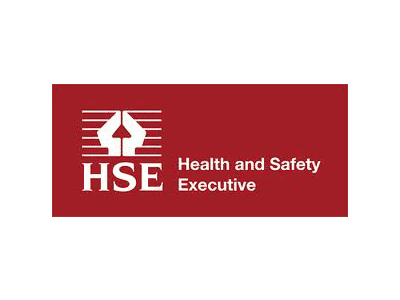July 11, 2024
London businesses advised to review fire risk assessments
AXA Commercial, a division of AXA Insurance UK plc, has advised London businesses to review their fire risk assessments and staff training following the announcement from the London Fire Brigade (LFB) that it would no longer respond to daytime activations of automatic fire alarms in most non-residential buildings from October.
In the year to March 2024, the LFB said it attended 52,000 false calls generated by automatic fire alarms. From October, automatic calls will not be answered between the hours of 7am and 8:30pm in a bid to reduce the burden on Fire and Rescue Service resources.
“The London Fire Brigade’s decision is in line with the stance taken by many other Fire and Rescue Services across the UK,” explained Dougie Barnett, director of customer risk management at AXA Commercial. “It’s crucial that London businesses are aware of the change. If there’s a fire, employees need to know to dial 999 during the working day because there will not be an automatic response as there has been in days gone by.”
Barnett added: “The change will impact all businesses with a remote connection to an Alarm Receiving Centre. It means their fire risk assessments will need to be updated and staff will require additional training to make sure they respond in the appropriate manner in the event of a fire outbreak.”
Preparing for change
According to Barnett, there are several areas where businesses should focus their attention to prepare for the change.
As referenced, fire risk assessments and staff training should be updated, with a particular emphasis on actions employees should take in the event of a fire alarm sounding during working hours. Where there’s shift work occurring, specific guidance should be provided for action required during response and non-response period.
Ensuring that members of staff understand the need to dial 999 in the event of a fire and that they must report the incident to the Fire and Rescue Service is vital. Individual employees should be given responsibility for the action required.
Establishing an early identification system when the fire alarm is activated to determine if it’s a false alarm or an actual fire that requires the premises to be evacuated and the Fire and Rescue Service to be called is also a ‘must’.
Training must be delivered to the relevant members of staff such that they understand messages displayed on the fire alarm panel to assist with early identification of which detector has been activated within the premises.
Ensuring that the fire alarm system has been regularly maintained by a competent contractor to prevent false alarms has to be factored-in.
Putting plans in place
Dougie Barnett concluded: “This will be a significant change for London businesses and it’s one that’s going to impact their fire risk assessments. It’s important they prepare now and put plans in place so that employees have the required training and knowledge to hand before the London Fire Brigade actions this change and it comes into force.”
For clarity, the LFB will continue to respond to automatic alarms between the hours of 8:30pm and 7am.
More information can be found here.
FSM
June 2024






